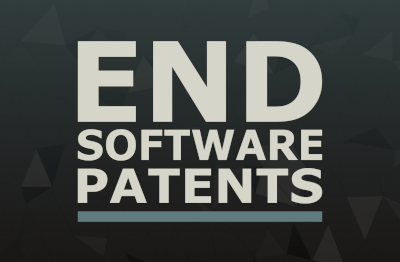Posts
5095Following
331Followers
503OpenPGP: 3AB05486C7752FE1
Jarkko Sakkinen
jarkkoJarkko Sakkinen
jarkkoInkscape
inkscape@mastodon.artHere at the Inkscape Project, we're excited about our upcoming milestone... we're turning 20 in November! 🎉
Watch for an opportunity to learn more about some of our contributors later in November.
For now, we're hoping to collect your best wishes and what you've achieved through using #Inkscape for sharing with our contributors and the community (open until Oct 31):
https://office.inkscape.org/nextcloud/index.php/apps/forms/s/cc5Jy4FwbkbkWqweGCkAQRTp
Free Software Foundation
fsf@hostux.socialProtect developer freedom. Abolish software patents. Learn why software patents are unjust by checking out the new design of our #endsoftwarepatents initiative. https://u.fsf.org/3f-
Jarkko Sakkinen
jarkkoSeems much less difficult exercise than the one I had with Intel SGX in the past...
Jarkko Sakkinen
jarkkoJarkko Sakkinen
jarkkoJarkko Sakkinen
jarkkoI can request riscv-keystone@vger.kernel.org if there is broader interest on this work.
Jarkko Sakkinen
jarkkoI’ve opened up #development #git tree for in-kernel #Keystone #enclave #driver:
https://git.kernel.org/pub/scm/linux/kernel/git/jarkko/linux-riscv-keystone.git/
Existing branches:
keystone: follows Linus’ tree.keystone-5.19.y: I’m actively trying to get Genesys2 FPGA hosting CVA6 working with this kernel version. Buddy allocator works but the use ofdma_alloc_coherent()to allocate contiguous physical memory for enclaves freezes the system when it is being used (not in the call itself).
Keystone enclaves are applications hosted by Keystone security monitor running inside #OpenSBI, and partitioned and protected by physical memory protection (usually shortened as PMP) machine registers.
PMP is part of standard RISC-V ISA, which means that Keystone enclaves are usable with any RISC-V CPU with MMU. There is nothing that would prevent this coming eventually a mainline feature because it works for without non-standard or proprietary components involved.
Another favorable element of having Keystone enclaves as kernel feature is that Keystones enclave can run both in U-mode and S-mode meaning that kernel subsystems could use the feature too (if wanted). For instance, #Intel #SGX can host only ring-3 enclaves, which limits its scope.


